Today I published the last title in the Levantine Arabic Readers series! So, we now have three series with fifteen books each: Egyptian Arabic, Levantine Arabic, and Modern Standard Arabic.
I started the Arabic Readers project with Egyptian Arabic. All of the writers were from the Cairo and Delta regions, where the dialect is rather uniform. One voice artist (the very talented Heba Salah Ali) narrated all 15 stories, which helped make the project straightforward.
Lilia Khachroum did an amazing job translating the Egyptian Arabic readers into Modern Standard, editing, and adding tashkeel (diacritics). Heba again recorded all of the audio.
The Levantine Arabic project proved to be much more challenging, as we had writers from all four countries of the Levant. Because their local dialects differ, I couldn’t have one narrator do all of the audio. Instead, the writers themselves read their stories. A couple of the writers weren’t able to provide acceptable audio (due to the quality of recording or issues speaking at a reasonable pace for learners), so I had other project participants from the same country record the audio in these cases. Editing the texts for consistency and accurate tashkeel to reflect each local dialect was also a challenge. Fortunately, Ahmed Younis (who did two stories in the series) also worked as the series editor. I really have to extend a huge thanks to Ahmed for his meticulous and thoughtful editing and translating. Without him, I never could have finished the Levantine Arabic series.
I’m considering having the Levantine Arabic series translated into MSA, as I did with the Egyptian Arabic series.
Several people have asked if I’ll be making glossaries or Anki flashcards for the readers. The short answer is ‘no.’ One reason is that it would become a huge project, and I’d rather concentrate on other projects and creating new materials. But also, my philosophy is that the readers should be used as extensive reading materials to read through and over and over rather than analyzed slowly to learn every new word. (Please see the blog articles below on reading in a foreign language and using the readers.)
I hope you find the Arabic readers useful and fun. Please consider leaving star ratings (and even short reviews… without spoilers!) for books you’ve read.
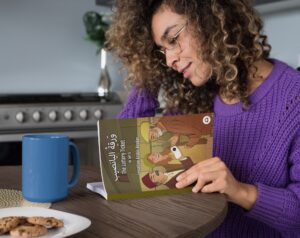
Is Extensive Reading in Arabic Important?
Learn why extensive reading in Arabic is so important and how to implement it in your learning routine.

Learning New Vocabulary While Reading Arabic
Develop strategies and adopt a productive mindset for dealing with new vocabulary while reading Arabic as a second language.
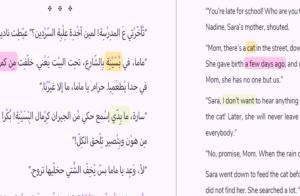
Reading Activities for Arabic as a Second Language
How to use the parallel translations and audio to study with Arabic readers effectively.


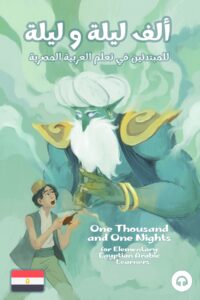
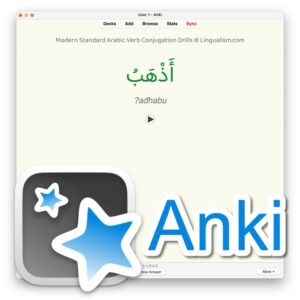
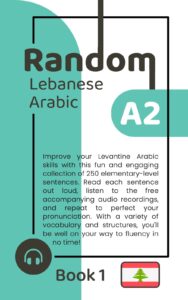
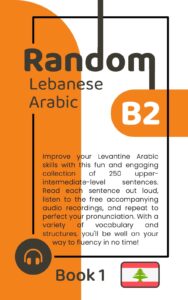
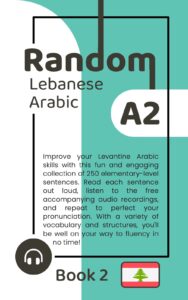
Awesome! Shukrun!
I really enjoy the Egyptian and Levantine dialect readers as most Arabic teaching material focuses on MSA. Are there any plans to translate some of them into Iraqi or Emirati dialect? I would love to see those one day.
Hi Kenneth! I’m glad you’re enjoying the readers. Unfortunately, no current plans for readers in other dialects. If we do make some, however, they’ll be the original stories from those countries, as we did with Tunisians. We’re only translating the readers from dialect to MSA (but not into other dialects).